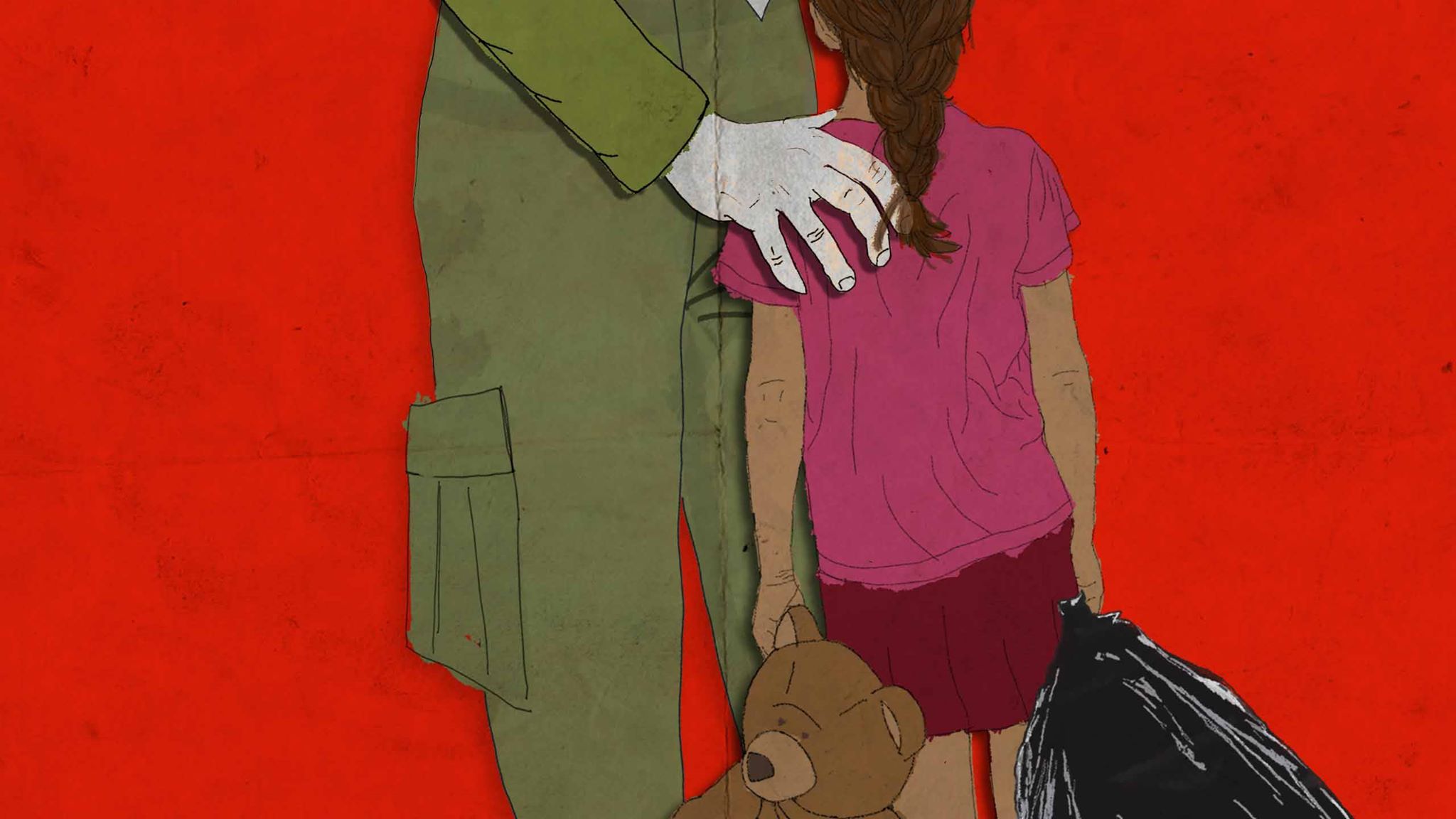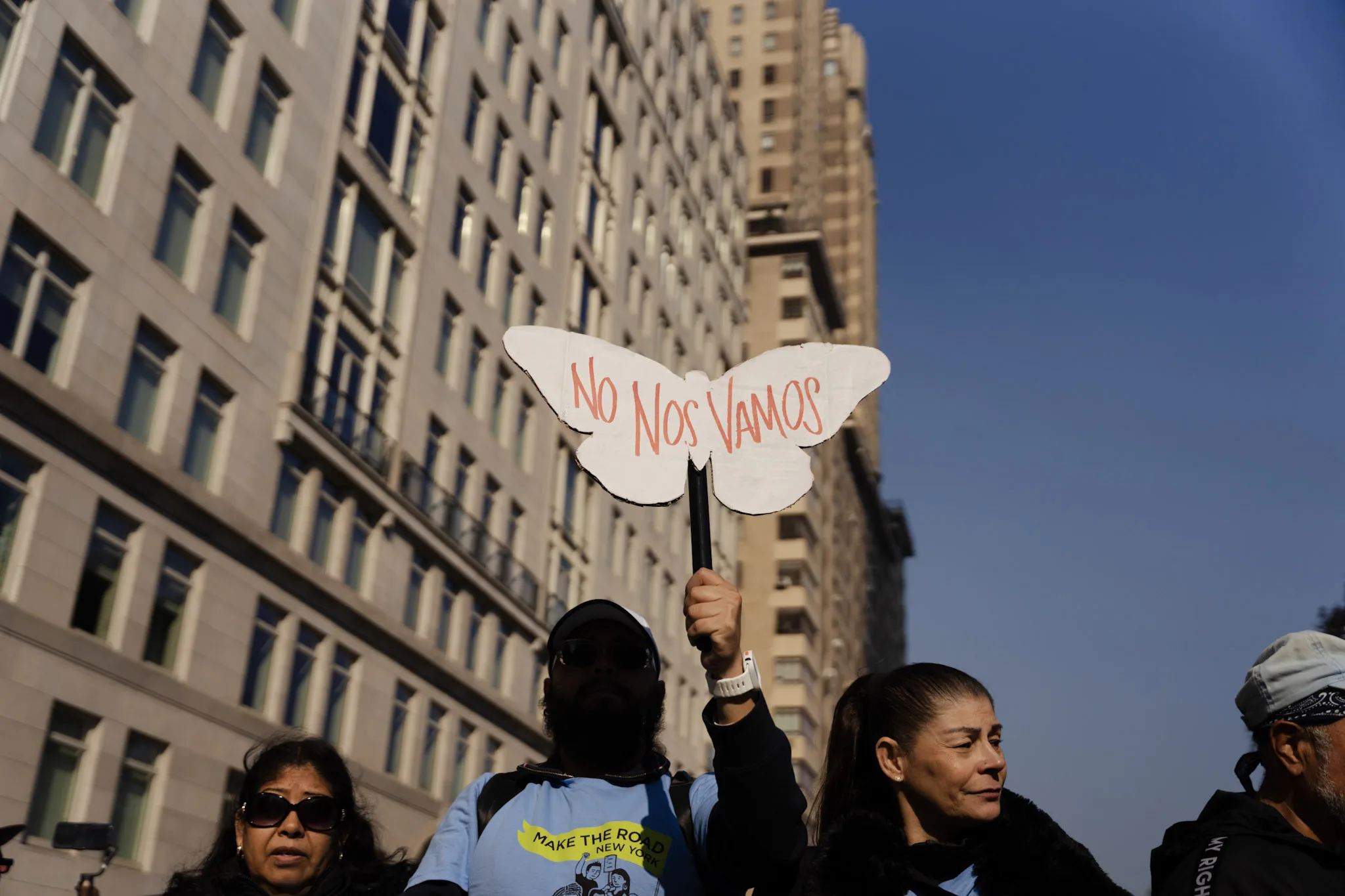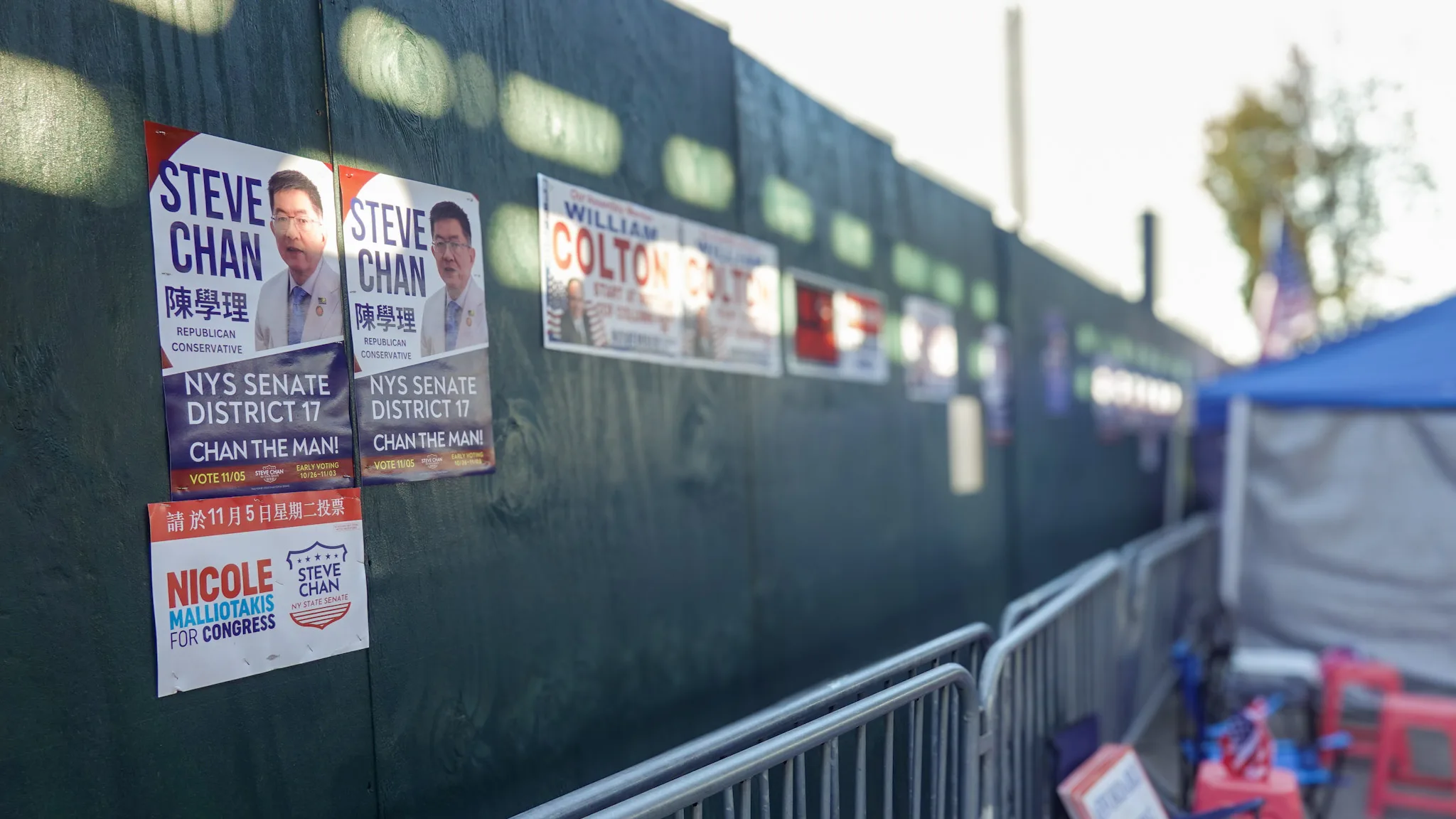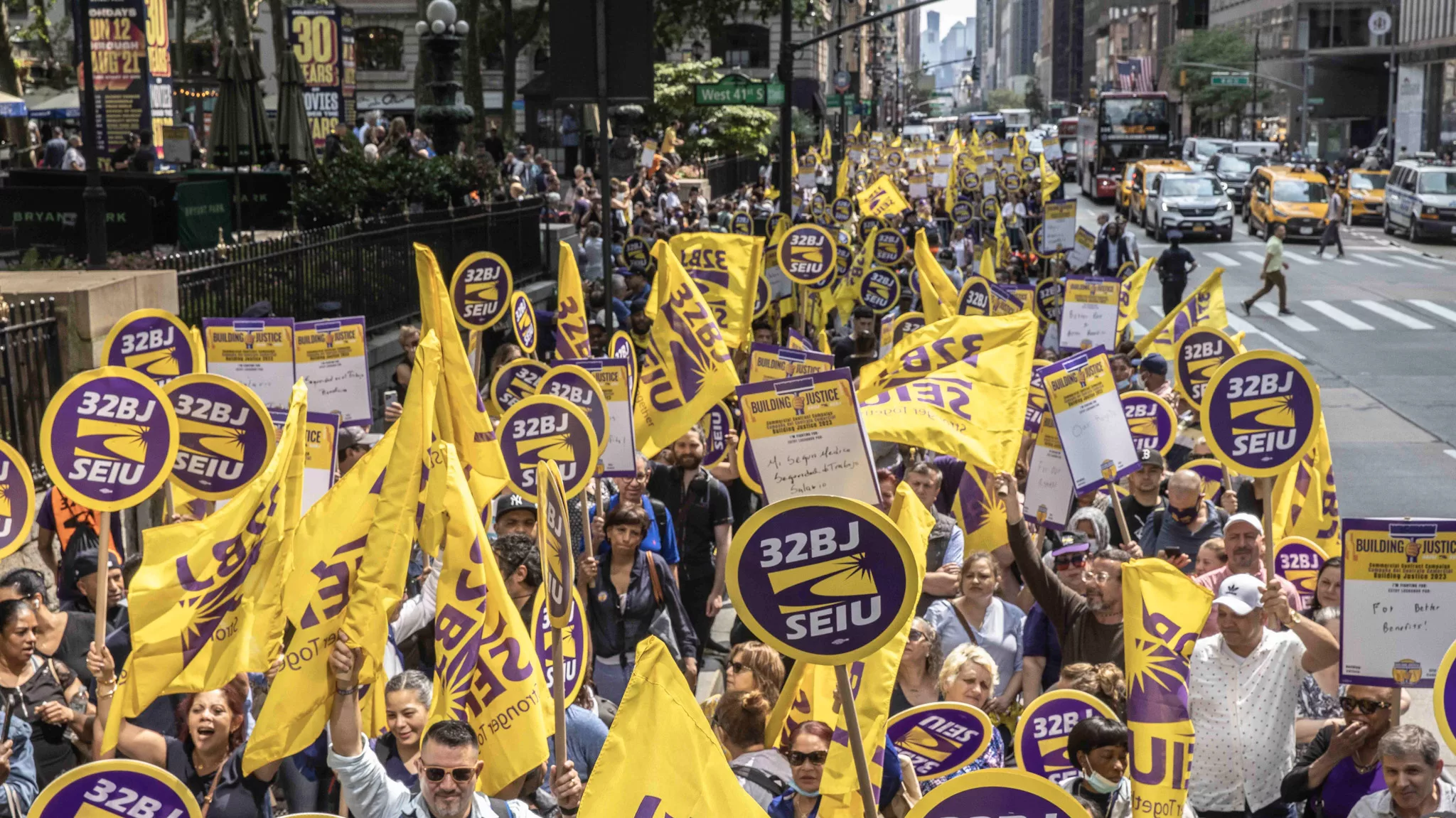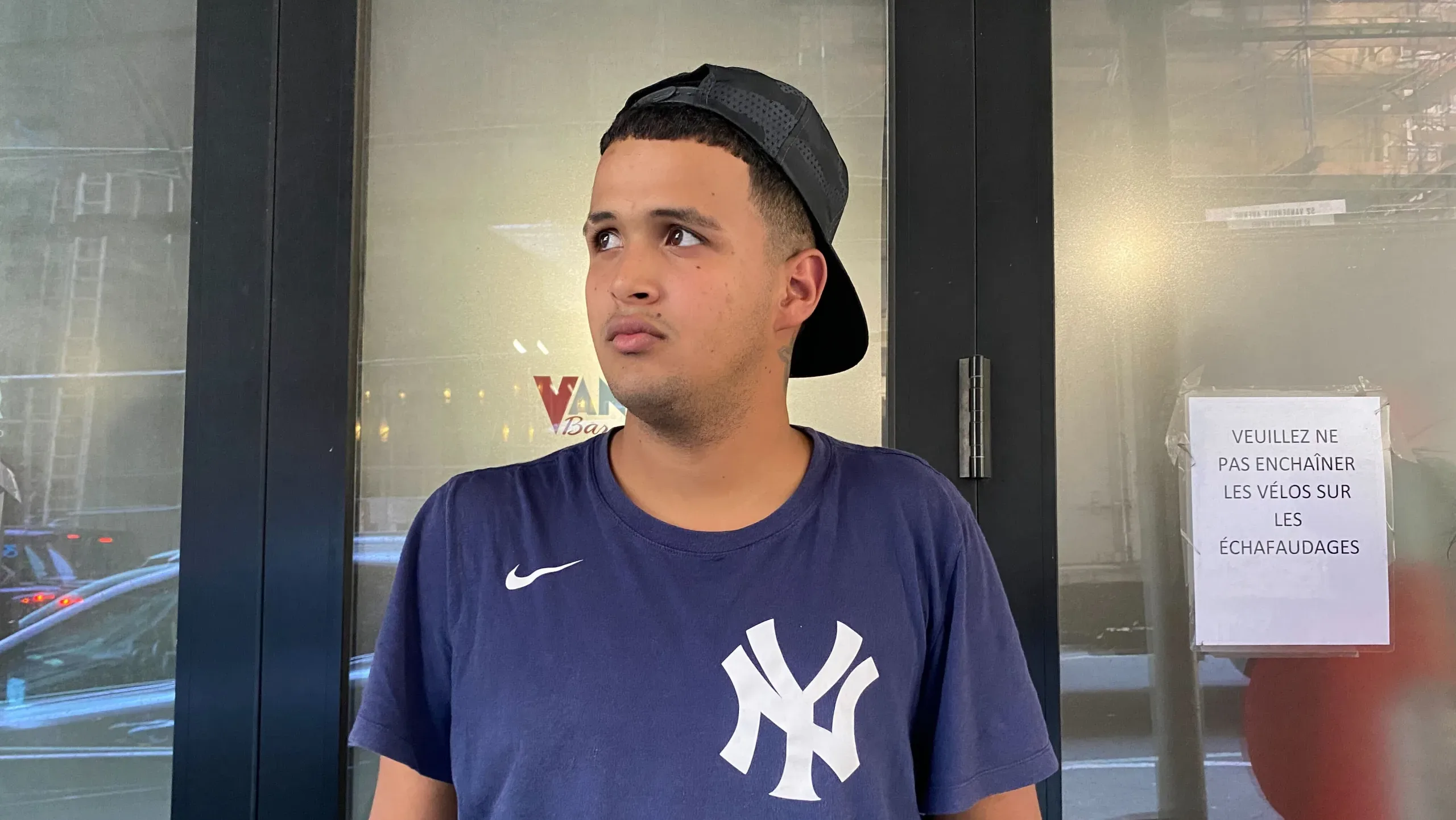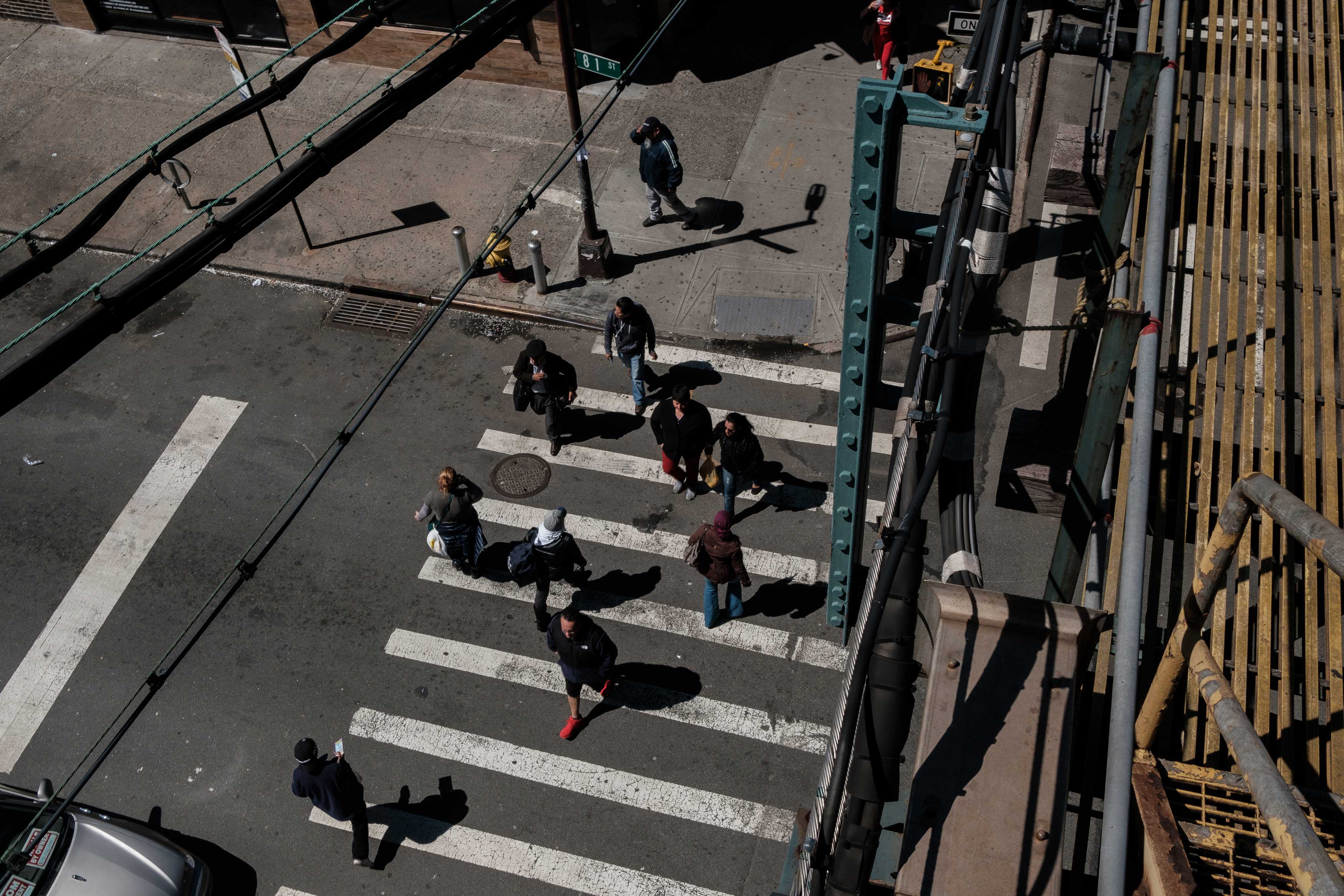Children have been sexually assaulted, beaten and even turned to prostitution while under the custody of three New York child care agencies that are also taking in children separated from their parents by the Trump administration’s zero tolerance policy, according to lawsuits reviewed by Documented.
Children’s Village, MercyFirst and Abbott House are among 11 organizations the U.S. Office of Refugee Resettlement contracts to provide housing and support to unaccompanied immigrant children. Gov. Andrew Cuomo said last Thursday that there are 700 children who were separated from their parents at the border currently being housed in the state. These organizations also house U.S. citizen children under contracts with the city and state.
The next stage on the children’s harrowing journey would carry many dangers of its own. They will be placed in separate dorms in foster care facilities or with sponsors or foster parents. While the immigrant children have a different experience than the New York resident minors, the lawsuits contain frightening allegations.
According to court records:
- A former employee of Children’s Village — home to 17 children who were separated from their parents — reportedly witnessed “employees having sex with residents,” “employees subjecting residents to rooms infested with bed bugs as a form of punishment” and “employees dragging residents’ faces on the carpet in order to cause friction bums/pain.” The plaintiff in the lawsuit, Anthony Perez, later described being shown a video in which residents were dragged to the “tune up room,” where employees beat them. Children’s Village denied these claims and the case was settled for unspecified reasons.
- A 16-year-old girl referred to as JFW escaped the custody of MercyFirst, where she was in a program for troubled teenagers, according to the lawsuit. She fled from a program she was attending in November 2015 and was found in Connecticut. She left to do sex work for a pimp. MercyFirst’s Long Island facility now houses eight children brought here due to Trump’s zero tolerance policy. This case is still active. MercyFirst did not respond to several phone calls, but denied wrongdoing in the court documents.
- In 2016, a former foster child sued Abbott House, a facility in Westchester that contracts with the Office of Refugee Resettlement. She was sent to the home at age two and suffered years of sexual abuse from a foster brother. She claimed an Abbott House psychiatrist neglected her cries for help. The case is still active. Abbott House didn’t respond to requests for comment.
Documented reviewed dozens of lawsuits brought against 10 of the 11 organizations that contract with the ORR to house unaccompanied minors, that were confirmed to be holding children separated by the zero tolerance policy. Jewish Child Care Association told Documented it didn’t house any of the children. Many of the accusations were made as part of wrongful termination or discrimination lawsuits filed against the agencies.
Children under the custody of three of those organizations — MercyFirst, Abbott House and Children’s Village — have gone missing or have been sexually or physically assaulted by staff and other foster children, according to lawsuits filed in New York State. Employees have accused these agencies of racial discrimination and ordering them to lie under oath. They said they witnessed guards inflict physical, sexual and mental abuse on residents. The dockets are rife with lawsuits of children alleging sexual abuse at the hands of foster siblings and foster parents.
In 2015, Public Advocate Letitia James and Marcia Robinson Lowry, executive director of A Better Childhood and a member of the corporate law firm Cravath, Swaine & Moore, filed a lawsuit against city and state agencies in charge of oversight of foster care. The Administration of Children’s Services, the State of New York and the New York State Office of Children and Family Services were all named as defendants, along with the people who ran those agencies. The lawsuit alleges that ACS and OCFS fail to protect children from maltreatment and to ensure high quality care and arrange proper placements. The lawsuit also alleges that they fail to provide foster kids homes in a reasonable time.
Michelle Grant became social worker for Abbott House with its “troubled youths” in Westchester in January, 2011. Usually the most difficult-to-place children are assigned to these group homes, and incidents of violence against staff and against other children are frequently reported.
During her time there, her “employment was marked by inappropriate sexual remarks and actions,” made by her supervisor, but she enjoyed the work and stayed until she was let go in July 2013. Grant claims that a resident of Abbott House escaped his foster home during her time there and her supervisor Richard Griffin asked her to lie about the escape.
“This kid is saying that you guys knew that he was going home on Friday. Initially, he was giving information for a home visit. You understand my point?” Griffin told her, according to court records.
“I have to go on oath tomorrow and this is killing me, Mr. Griffin, nobody cares what is happening to me,” she said later in a conversation transcribed in court records. Abbott House later questioned the authenticity of the transcripts. The case was eventually voluntarily dismissed before the Second Circuit Court of Appeals.
José Rodriguez worked for Abbott House in the Bronx and also filed an employment discrimination lawsuit against the organization. Despite the agency’s $3.6 million in contracts in 2018 with the federal government to house largely Central American unaccompanied minors, he says he was the only Latino employee in his unit. Rodriguez claims he was fired unfairly by Abbott House, partially because of racism. According to Rodriguez, the company said his English language ability wasn’t sufficient and that he broke facility rules. Abbott House denied some of the allegations in its response to the complaint.
James Kaufman, CEO of Abbott House, said their operations are on par with other providers. “We get sued like everybody else,” he said when contacted by Documented.
Many of the instances of sexual assault and physical violence found by Documented happened in foster homes where children had been placed with vetted foster parents.
A woman referred to in court documents as E.L.A. sued Abbott House, a facility that holds an unconfirmed number of children who were separated from their parents at the border. She claims she was sexually assaulted from the age of 8 or 9 by her foster mother’s son, who was six years older than her. Abbott House placed her in that home. Abbott House tried to get the case thrown out on legal grounds. E.L.A.’s state law claims have been allowed to proceed.
“We get sued like everybody else”
James Kaufman, CEO of Abbott House
“The people supervising would write a report or something, but they wouldn’t really investigate,” said Bruce Young, E.L.A.’s attorney. “Against her will, they put her back in the same foster home she’d been for some time, until she got old enough to run away,” he said. Young said that the facility was supposed to run fingerprint checks that would have revealed that the host mother’s son had a troubled history, which led to the plaintiff suffering “physical harm involving improper supervision of” her foster brother. Young said it was “the failure of the therapists and the therapy centers she was sent to to report some of the abuse that she talked about.”
Marcia Lowry, executive director of A Better Childhood, a legal advocacy group that works on behalf of foster children, says lack of thorough vetting is common. “A lot of the families don’t have adequate criminal checks to find out whether there’s been an order of protection taken out on them, whether there’s been domestic violence in the home, whether they have criminal histories,” Lowry said.
“None of the children get treated really well unless they are fortunate enough to wind up into a good foster family,” she said. “New York scores worse on maltreatment in care and length of time for children than the rest of the country.”
Children’s Village hired Anthony Perez as the director of Special Children’s Services in April 2015. He was tasked with investigating complaints and ensuring the juvenile detention center was abiding by the facility’s policies. He was responsible for the well being of 210 children, including 80 “undocumented aliens,” according to documents filed on his behalf. Children’s Village lawyers denied this figure.
About 30 days into his employment, residents began approaching Perez with complaints about staff misconduct. The offenses ranged from employees having sex with the residents to employees inciting fights between residents. One accusation was that Children’s Village staffers dragged residents’ faces on the carpet to cause friction burns. Children’s Village denied any of this happened.
A fellow employee showed Perez a video from 2013, according to court documents, where six colleagues threw a resident onto a floor and dragged him into a side room that had no security camera, known as the “tune up room.” There, staff members “inflicted physical injury upon residents,” according to the documents. Children’s Village lawyers denied the event happened in court records. A representative from the organization didn’t respond to requests for comment.
Perez contends that when he attempted to report these transgressions, he was fired. His lawyers declined to comment, other than saying that the case was discontinued permanently.
The federal government has also been highly critical of New York’s foster care track record in the past. In 2014, the Office of the Inspector General of the Department of Health and Human Services (HHS) released a critical report that show a lack of responsiveness and thoroughness in its investigations into allegations of abuse and neglect.
HHS itself was also criticized for its lack of oversight on ORR contractors. A 2016 report from the Government Accountability Office concluded that HHS could improve its monitoring of children in its control.
MercyFirst in Syosset was one of the first organizations in the New York City area confirmed to be holding immigrant minors. It reportedly has about ten unaccompanied minors in its custody, as well as a slew of other programming for troubled youth and foster kids.
One day in November 2015, Maria O.’s daughter, referred to in court records as JMF, went missing from one of MercyFirst’s programs for troubled youth, called the “Hard to Place Program,” which was designed for children who have failed in community-based foster care settings.
She had left the facility where she was taking support classes. She was later found, and told authorities she ran away from MercyFirst “to engage in prostitution under the auspices of a pimp known as King Sincere,” according to court documents. The case is still active.
Police responded to over 500 calls at MercyFirst in 2017 and 335 in 2018 as of a recent count, according to Detective Vincent Garcia of the Nassau County Police Department. This year, 220 of those calls have been for missing persons. “It is a location that we are well familiar with,” he said in an email. Almost all return within a few days, he added.
A state official told Documented that the pools of foster families under federal contracts and city and state contracts are separate, and the children are not housed together. The federal government contracts directly with foster care agencies to house the children. While children in those facilities may stay on the same campus, the staff who care for them, the housing they live in and the education and programming they receive are all separate.
City politicians have praised the agencies that are taking the kids in. “The reason they are coming to New York is New York State has a very strong network of foster care providers, so they are sending them here, thousands of miles from where they crossed the border,” Rep. Adriano Espaillat said at a press conference last Friday.
In May, the Trump administration announced that it would begin fingerprinting parents and relatives who come to pick up unaccompanied children. “We’re going to more thoroughly vet sponsors,” said Steven Wagner, acting assistant secretary of HHS’ Administration for Children and Families, in a phone call with reporters at the time. “With DHS’ cooperation we will conduct a fingerprint-based background check on every sponsor.”
Advocates feel this policy dissuades undocumented people from stepping forward to take custody of the children. Sponsors “are afraid to come forward because [they are] afraid that fingerprints for background checks will identify them as undocumented and jeopardize immigration status,” said Claire Thomas, director of the Asylum Clinic at the New York Law School.
If the unaccompanied child does not have a sponsor to come forward, there is no path to release. He or she may end up staying at the facility for longer if the agency cannot locate a proper sponsor. It historically has taken Cayuga approximately 20 days to get kids placed with foster families, but under the more stringent Trump rules it’s closer to 60 days, according to Espaillat.
“The children in juvenile custody are always on a path to release — that’s the main difference,” Thomas said. Two clients of the New York Law School Asylum Clinic tried to commit suicide in ORR custody because there were delays in their release, she added.
